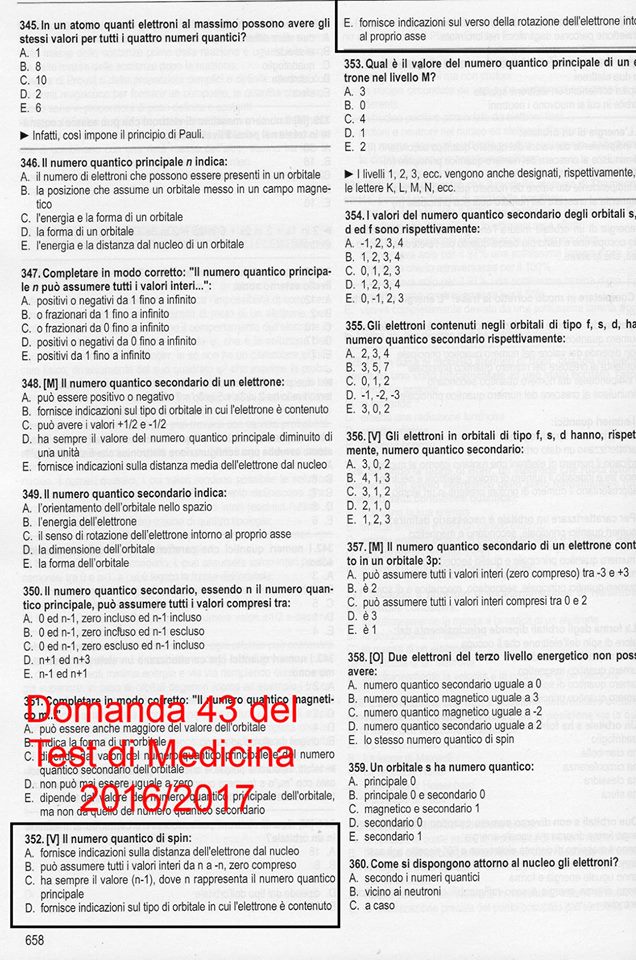

The microcurrent is tiny, just millionths of an ampere, and so gentle that most people don’t even feel it. The Alpha-Stim cranial electrotherapy stimulation (CES) device delivers a natural level of microcurrent, via small clips worn on your earlobes, through the brain to stimulate and modulate specific groups of nerve cells. Your brain naturally has electrical currents. With this knowledge, why treat your body with chemicals in the form of pills or injections?Ĭranial electrotherapy stimulation: How it works But did you know that your body is both chemical and electrical? In fact, an enormous part of the nervous system is controlled by internal electrical impulses.

Prescription medications attempt to target an issue or imbalance in the body with the use of chemicals. Maybe you’ve tried natural remedies recommended by a friend or family member or holistic treatments you’ve seen on popular blogs – but those are not regulated by the FDA, not backed by research, they’re inconsistent and tend to be ineffective at controlling anxiety or panic attacks, chronic insomnia, depression symptoms, or pain signals. Perhaps you haven’t tried pills or shots yet because you have well-founded concerns about side effects, interactions, and even addiction. That's good for both the heart and brain.įor more on staying sharp as you age, read A Guide to Cognitive Fitness, a Special Health Report from Harvard Medical School.Drug-free Treatment That Works Safe, effective, and proven relief from pain, anxiety, insomnia, and depressionĭo you need a better way to relieve pain, control anxiety, fight depression, or treat insomnia? Maybe you’ve tried prescription medications, but they haven’t worked as planned. Diets rich in ALA and other omega-3 fatty acids have been linked to lower blood pressure and cleaner arteries. Walnuts are high in a type of omega-3 fatty acid called alpha-linolenic acid (ALA). A 2015 study from UCLA linked higher walnut consumption to improved cognitive test scores. Nuts are excellent sources of protein and healthy fats, and one type of nut in particular might also improve memory. More members of the caffeine group were able to correctly identify the images on the following day.
ALPHA TEST MEDICINA PDF SERIES
Investigators at Johns Hopkins University asked participants to study a series of images and then take either a placebo or a 200-milligram caffeine tablet. Caffeine might also help solidify new memories, according to other research. In a 2014 study published in The Journal of Nutrition, participants with higher caffeine consumption scored better on tests of mental function. The caffeine in your morning cup of coffee or tea might offer more than just a short-term concentration boost.

A study done by researchers at Harvard's Brigham and Women's Hospital found that women who consumed two or more servings of strawberries and blueberries each week delayed memory decline by up to two-and-a-half years. Flavonoids, the natural plant pigments that give berries their brilliant hues, also help improve memory, research shows. If you're not a fan of fish, ask your doctor about taking an omega-3 supplement, or choose terrestrial omega-3 sources such as flaxseeds, avocados, and walnuts. Try to eat fish at least twice a week, but choose varieties that are low in mercury, such as salmon, cod, canned light tuna, and pollack. Fatty fish are abundant sources of omega-3 fatty acids, healthy unsaturated fats that have been linked to lower blood levels of beta-amyloid-the protein that forms damaging clumps in the brains of people with Alzheimer's disease. Research suggests these plant-based foods may help slow cognitive decline. Leafy greens such as kale, spinach, collards, and broccoli are rich in brain-healthy nutrients like vitamin K, lutein, folate, and beta carotene. Research shows that the best brain foods are the same ones that protect your heart and blood vessels, including the following:

Try to get protein from plant sources and fish and choose healthy fats, such as olive oil or canola, rather than saturated fats. Nutritionists emphasize that the most important strategy is to follow a healthy dietary pattern that includes a lot of fruits, vegetables, legumes, and whole grains. Just as there is no magic pill to prevent cognitive decline, no single almighty brain food can ensure a sharp brain as you age.


 0 kommentar(er)
0 kommentar(er)
